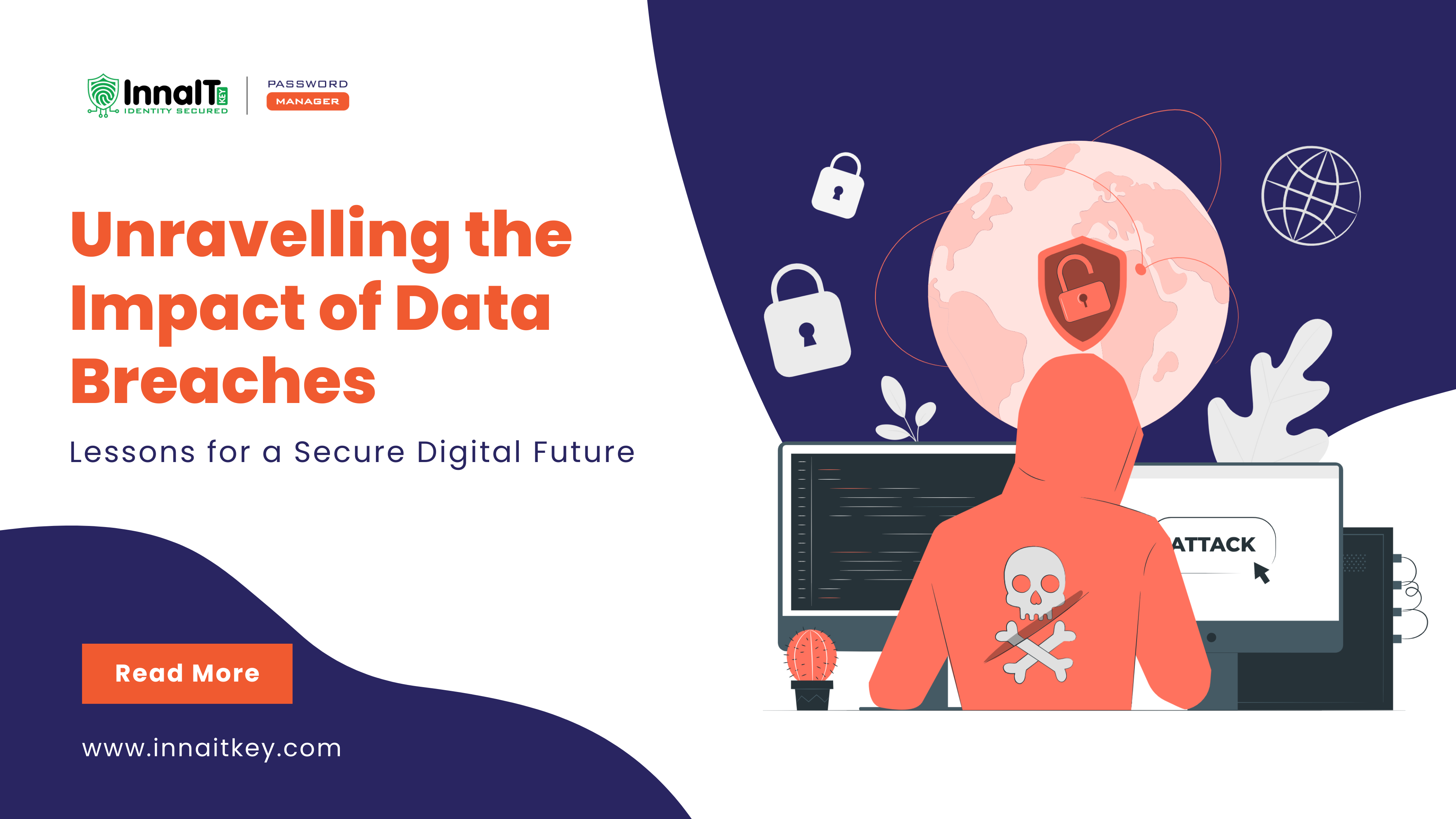
In an era dominated by digital connectivity, data breaches have become an all-too-common threat, leaving individuals and organizations grappling with the aftermath. The impact of these breaches extends far beyond compromised passwords and leaked information. This article delves into the profound consequences of data breaches and extracts valuable lessons that can guide us toward a more secure digital landscape.
Financial Consequences:
Data breaches often inflict significant financial damage on both individuals and businesses. The cost of investigating the breach, notifying affected parties, implementing security measures, and dealing with legal repercussions can be staggering. Companies may also experience a decline in customer trust, leading to loss of business and damaged reputations.
Lesson: Prioritize robust cybersecurity measures to mitigate the financial fallout of potential data breaches. Investments in advanced threat detection, encryption, and incident response capabilities are crucial for safeguarding financial interests.
Reputational Damage:
Trust is a fragile commodity, and data breaches erode it swiftly. The revelation that sensitive information has been compromised can irreparably damage an organization’s reputation. Customers, clients, and stakeholders may lose confidence in the entity’s ability to protect their data, resulting in long-term consequences.
Lesson: Establish and communicate a commitment to data security. Transparent communication during and after a breach, along with proactive steps to prevent future incidents, can help rebuild trust and demonstrate a commitment to safeguarding sensitive information.
Legal Ramifications:
Data breaches often trigger legal consequences. Regulatory bodies worldwide are enacting stringent data protection laws, such as GDPR and CCPA, with severe penalties for non-compliance. Organizations failing to secure personal data risk facing fines, lawsuits, and regulatory actions.
Lesson: Stay informed about relevant data protection laws and ensure compliance. Implementing privacy-centric practices and conducting regular audits can help organizations avoid legal entanglements in the event of a data breach.
Identity Theft and Fraud:
The compromise of personal information in a data breach can lead to identity theft and fraud. Cybercriminals exploit stolen data to commit financial crimes, creating a domino effect of personal and financial distress for affected individuals.
Lesson: Educate individuals on the importance of vigilance and provide resources for monitoring and addressing identity theft. Organizations can offer credit monitoring services to affected parties as a proactive measure.
Elevated Cybersecurity Awareness:
While the impact of data breaches is undoubtedly negative, one positive outcome is the heightened awareness surrounding cybersecurity. High-profile breaches often serve as a wake-up call for individuals and organizations, prompting them to reassess and reinforce their security measures.
Lesson: Proactively invest in cybersecurity education and training. Regularly update security protocols and conduct simulated phishing exercises to empower individuals to recognize and thwart potential cyber threats.
The impact of data breaches reverberates across financial, reputational, legal, and personal dimensions. By understanding these consequences, individuals and organizations can glean valuable lessons and implement proactive measures to fortify their digital defences. As we navigate an increasingly interconnected world, the lessons learned from data breaches serve as guideposts on the path to a more secure digital future.